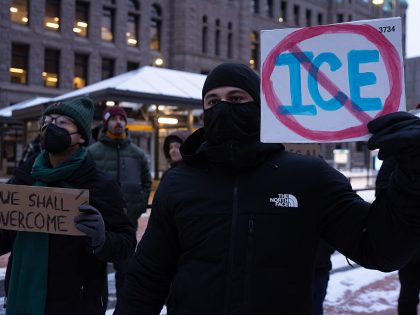
The Minneapolis Strategy for Fighting ICE Is Worth Studying
In Minneapolis, years of robust labor and community organizing set the stage for the fierce pushback against federal immigration agents’ aggressive invasion. Their experience may soon be relevant to cities elsewhere in the US facing incursions from ICE.


















